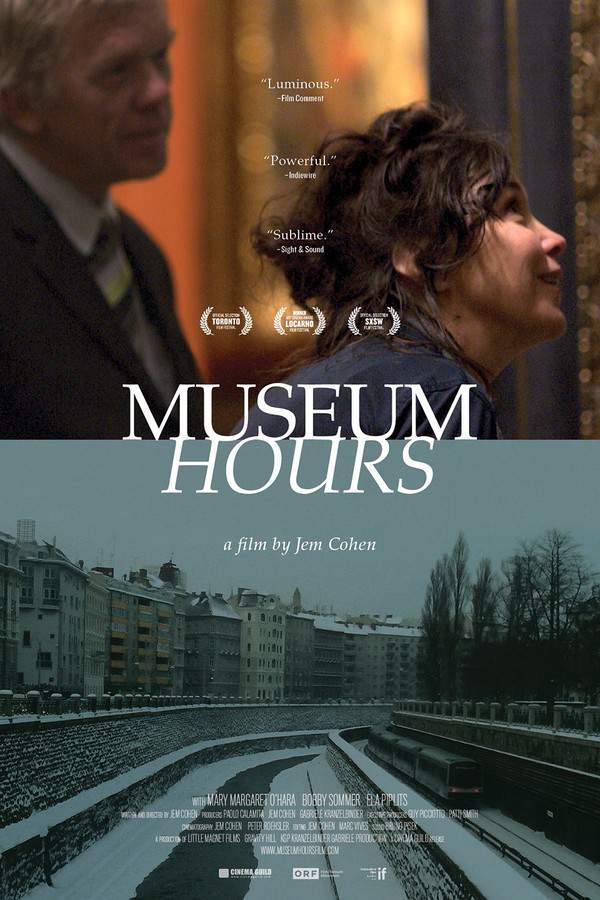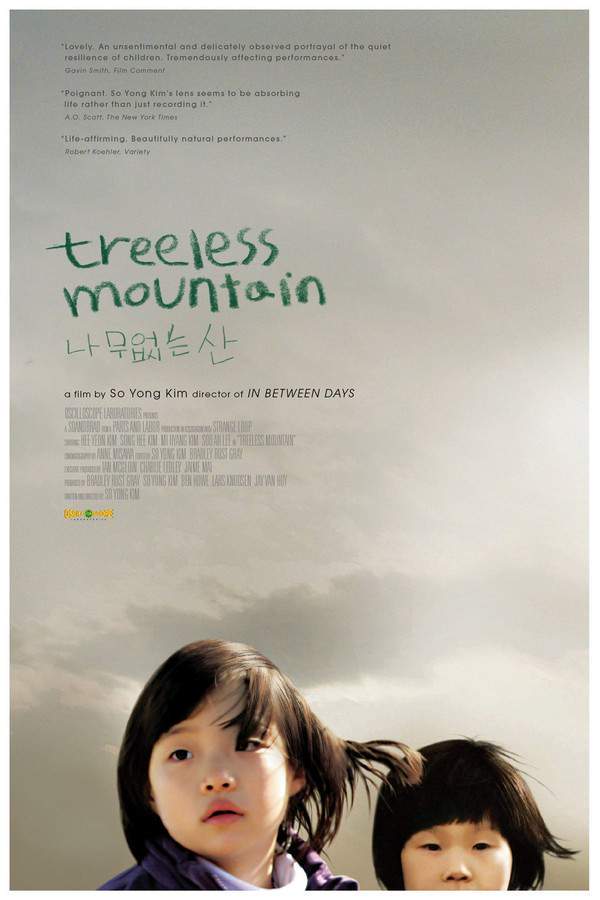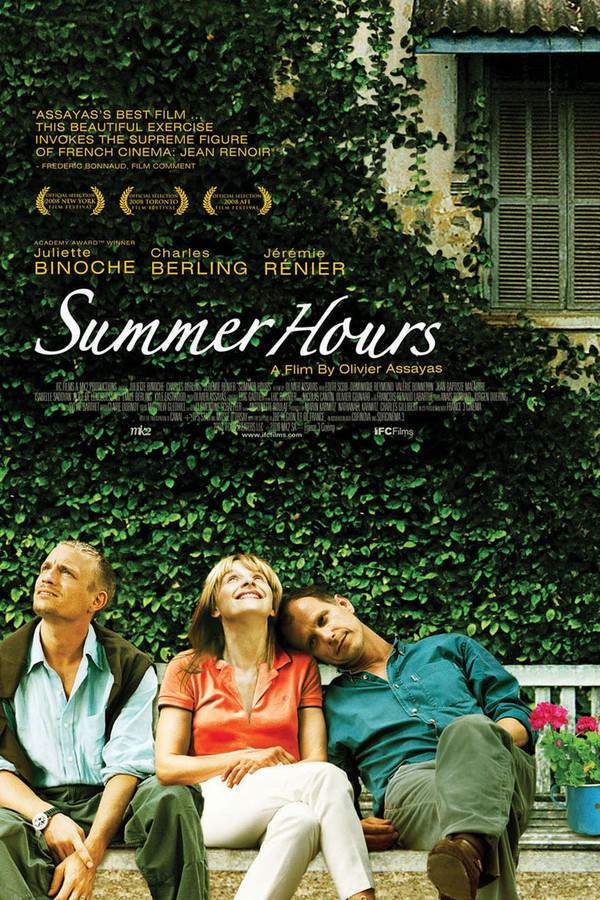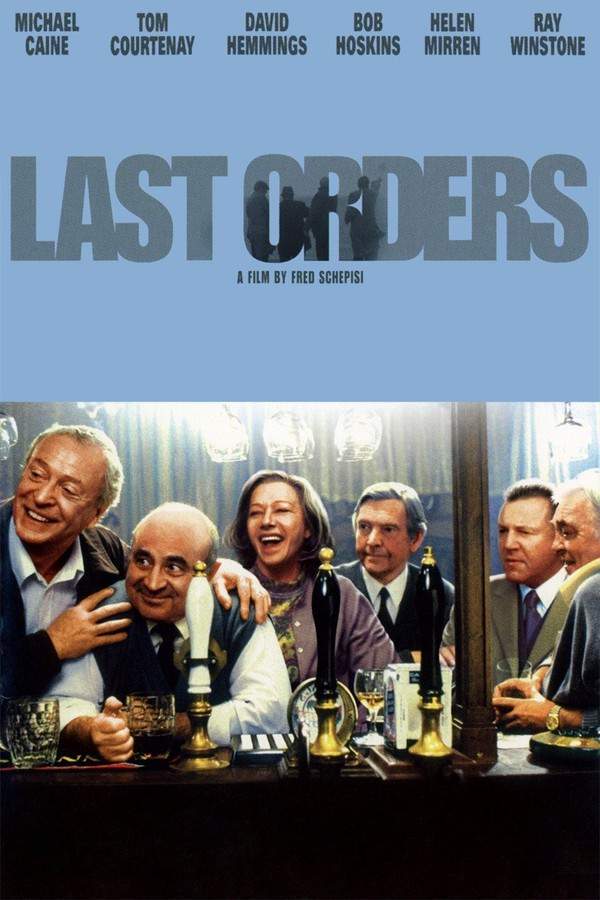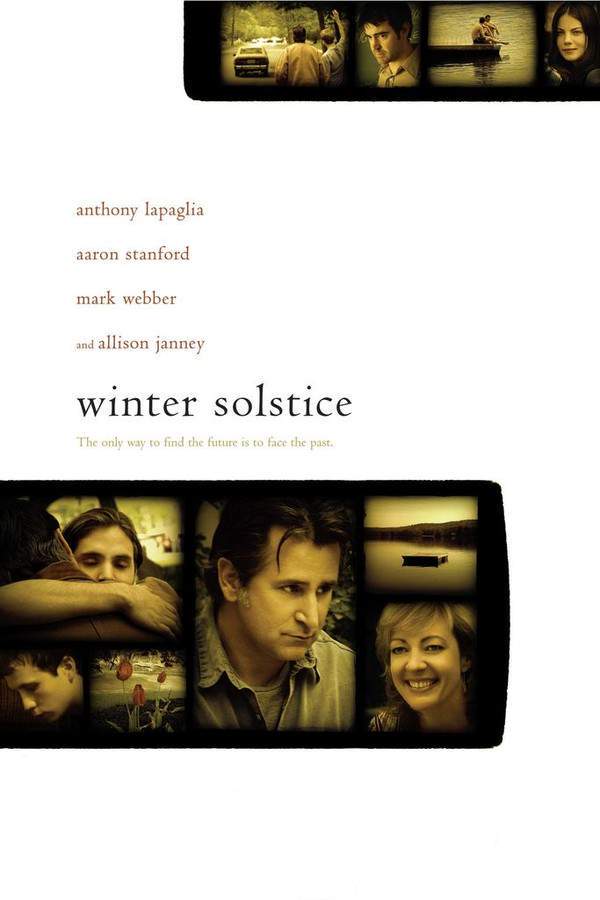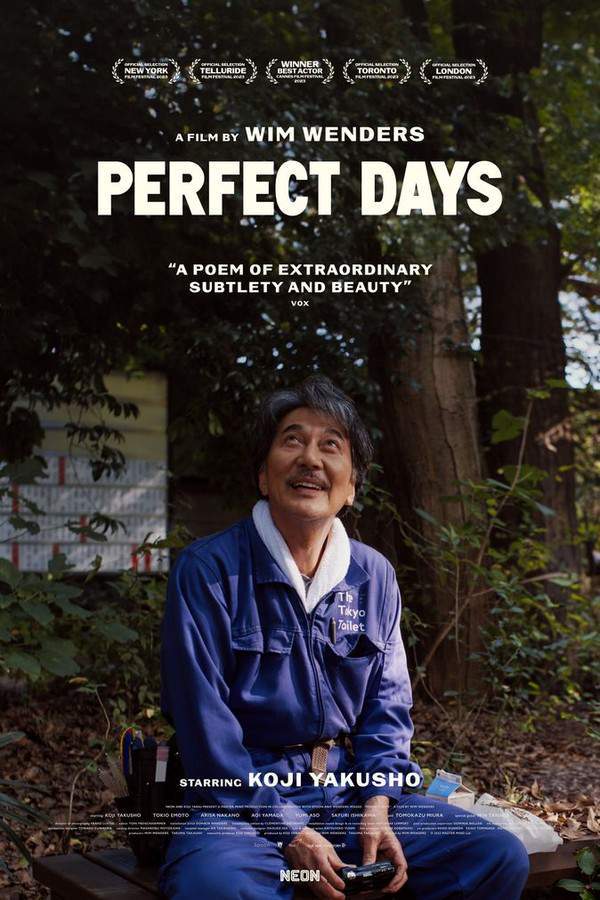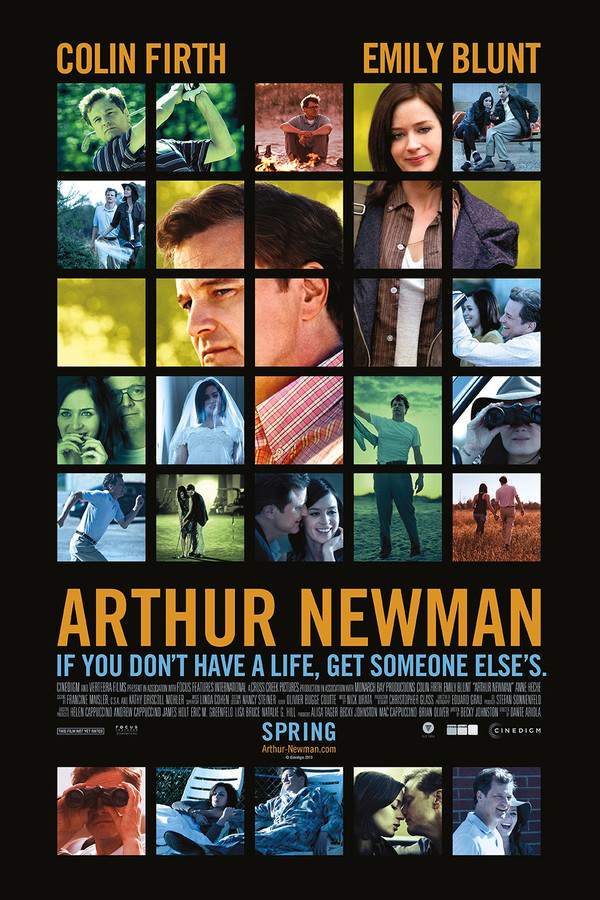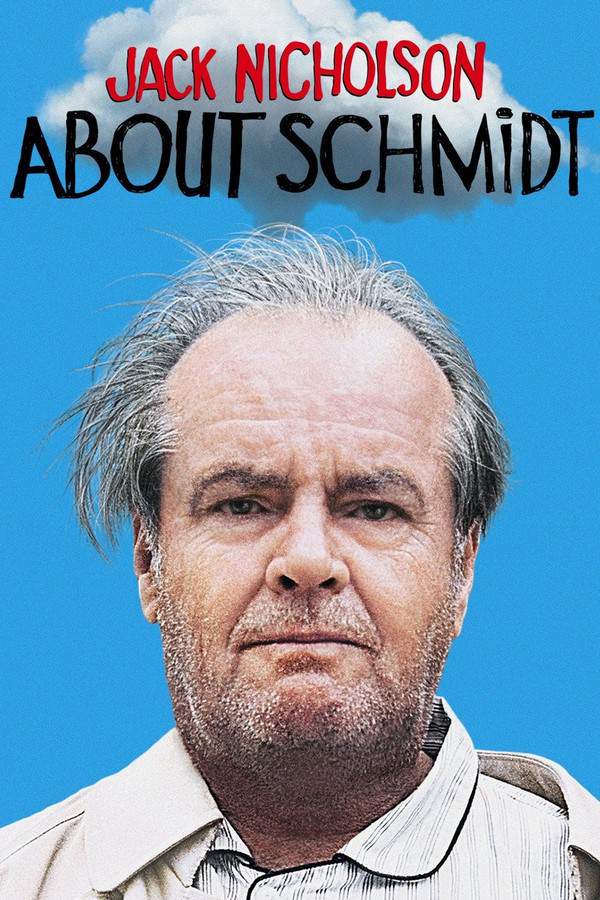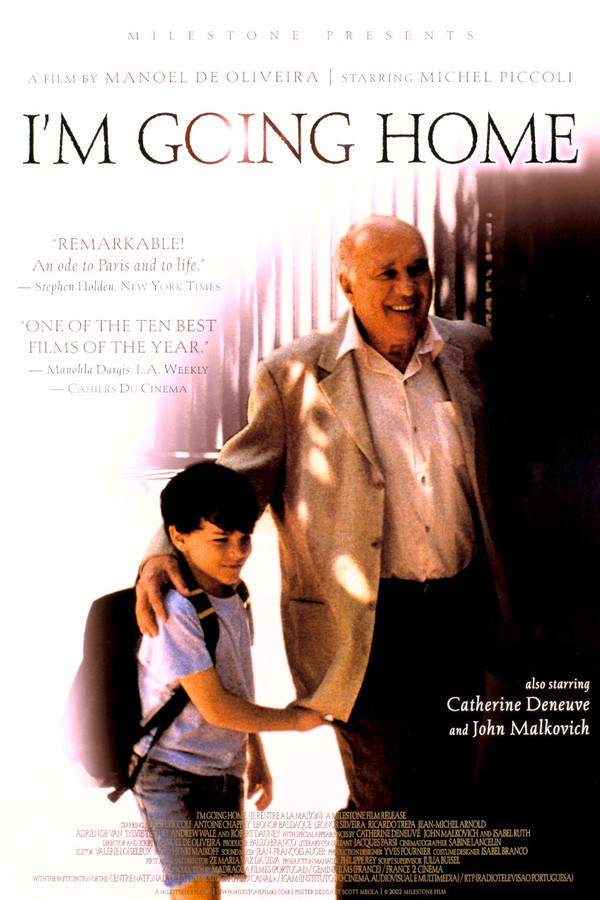
I'm Going Home
Year: 2002
Runtime: 90 min
Language: French
Director: Manoel de Oliveira
Following a personal tragedy, a renowned actor becomes the unexpected guardian of his young grandson. Gilbert Valence struggles to navigate his grief and a profound identity crisis while embracing a surprising opportunity to return to acting. Through this cinematic journey, he confronts the challenges of aging, the preciousness of family, and the transient nature of recognition.
Warning: spoilers below!
Haven’t seen I'm Going Home yet? This summary contains major spoilers. Bookmark the page, watch the movie, and come back for the full breakdown. If you're ready, scroll on and relive the story!
I'm Going Home (2002) – Full Plot Summary & Ending Explained
Read the complete plot breakdown of I'm Going Home (2002), including all key story events, major twists, and the ending explained in detail. Discover what really happened—and what it all means.
The film begins in a vibrant theater where Eugène Ionesco’s Exit the King is being performed. The spotlight is on Gilbert Valence, a celebrated theater actor who portrays the King. However, the atmosphere turns somber when he receives devastating news about the tragic loss of his wife, daughter, and son-in-law in a car accident. Suddenly faced with the responsibility of raising his young grandson, Serge, Gilbert’s life takes a significant turn.
As time goes on, Valence appears to be coping with his grief, engaging in the hustle and bustle of Paris life. With the assistance of his housekeeper, he dutifully cares for his 9-year-old grandson. He also takes on the demanding role of Prospero in a French adaptation of William Shakespeare’s The Tempest. Despite his stature as a veteran of the stage, he chooses to decline lucrative offers for low-brow television gigs, wishing to maintain his artistic integrity.
However, an urgent call changes his course when American filmmaker John Crawford seeks an actor to portray the young Irishman Buck Mulligan in a film version of James Joyce’s Ulysses. With just three days to prepare for the shoot in Paris, Valence finds himself cornered into accepting the role. This decision proves to be a miscalculation as the filming progresses; Valence grapples with the language barrier, his unpreparedness, and the weight of his years. During the shoot, feeling utterly out of place, he resigns to simply state, > “Je rentre à la maison,” before walking off the set.
Last Updated: November 16, 2024 at 16:55
Explore Movie Threads
Discover curated groups of movies connected by mood, themes, and story style. Browse collections built around emotion, atmosphere, and narrative focus to easily find films that match what you feel like watching right now.
Gentle movies about grief and moving forward like I'm Going Home
Stories of loss met with quiet resilience and small, meaningful steps forward.For viewers who appreciate movies like I'm Going Home, this collection features character-driven dramas that handle grief with a quiet, observant touch. These films share a melancholic yet reflective tone, focusing on the personal journey of coping rather than high-stakes plot, perfect for those seeking similar introspective stories.
Narrative Summary
The narrative pattern follows a protagonist navigating life after a profound personal loss. The conflict is primarily internal, centered on identity and purpose. The plot unfolds slowly, built from small, significant moments rather than major events, and often concludes with a realistic, bittersweet acceptance of a new reality.
Why These Movies?
Movies are grouped here for their shared focus on the quiet, internal experience of grief, their melancholic but not bleak tone, and their gentle, observational pacing. They prioritize emotional authenticity and character depth over conventional plot, creating a reflective and deeply human viewing experience.
Movies about aging and identity crises similar to I'm Going Home
Characters confronting who they are after a lifetime of being someone else.If you liked the theme of an aging actor's identity crisis in I'm Going Home, you'll find similar explorations here. These films feature older protagonists grappling with their purpose and legacy, blending drama with thoughtful character study, all moving at a deliberate, reflective pace.
Narrative Summary
The narrative centers on an older protagonist whose sense of self is shattered by a major life change. The journey involves reconciling their past accomplishments with their present vulnerabilities, often through a new responsibility or a return to a forgotten aspect of themselves. The resolution is typically about redefinition rather than simple victory.
Why These Movies?
These films are united by their focus on the psychological and emotional journey of older characters re-evaluating their lives. They share a contemplative mood, a medium emotional weight, and a thematic concern with aging, legacy, and the search for personal meaning beyond societal roles.
Unlock the Full Story of I'm Going Home
Don't stop at just watching — explore I'm Going Home in full detail. From the complete plot summary and scene-by-scene timeline to character breakdowns, thematic analysis, and a deep dive into the ending — every page helps you truly understand what I'm Going Home is all about. Plus, discover what's next after the movie.
I'm Going Home Timeline
Track the full timeline of I'm Going Home with every major event arranged chronologically. Perfect for decoding non-linear storytelling, flashbacks, or parallel narratives with a clear scene-by-scene breakdown.

Characters, Settings & Themes in I'm Going Home
Discover the characters, locations, and core themes that shape I'm Going Home. Get insights into symbolic elements, setting significance, and deeper narrative meaning — ideal for thematic analysis and movie breakdowns.

I'm Going Home Spoiler-Free Summary
Get a quick, spoiler-free overview of I'm Going Home that covers the main plot points and key details without revealing any major twists or spoilers. Perfect for those who want to know what to expect before diving in.

More About I'm Going Home
Visit What's After the Movie to explore more about I'm Going Home: box office results, cast and crew info, production details, post-credit scenes, and external links — all in one place for movie fans and researchers.





